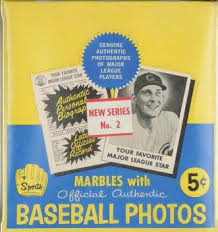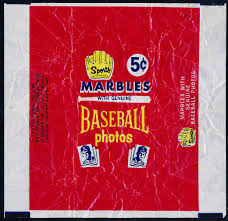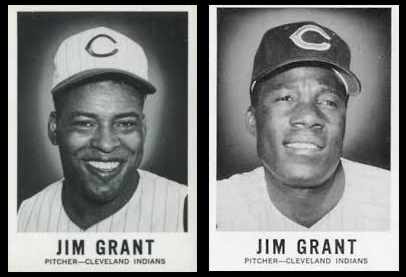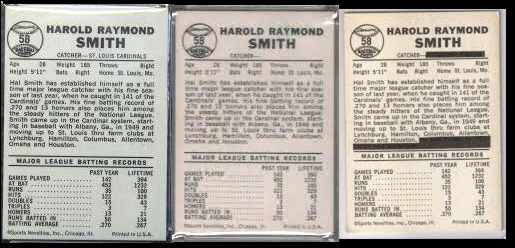Mariners (27) - 1993 Topps GOLD - COMPLETE TEAM SET
#825 Mike Walker ONLY IN THIS SET !!! Replaced checklist. Team Set 15 TIMES SCARCER than regular ! KEN GRIFFEY Jr, Randy Johnson ...
| Grade |
NM/MINT |
| Book Value |
n/a |
| Our Price |
$ 11.95
Add to cart
|


Below are short bits & pieces on sportscard & baseball trading card collecting.
Please wander around the website for more info, prices, values & images
on vintage baseball, football, basketball, hockey, sport and non-sports cards.
1976 Crane Football Discs Cards
Checklist & Values
The 1976 Crane football disc set contains 30 cards, actually 3 3/8" diameter discs,
including one of only two 1976 issues containing the rookie card of an
unknown rookie named Walter Payton. His only other 1976 issue, his 1976 Topps card,
sells for over $200 !!!
The set is filled with other stars and Hall-of-Famers including:
Terry Bradshaw,Roger Staubach,Alan Page,Ed Marinaro (more famous as a star actor in the Hill Street Blues TV series ...
A recently discovered version that was inserted into selected packages of Crane
potato chips have been found. Franco Harris can only be found in this
"product inserted" version of the discs. None of the second version of the discs are considered part of the complete set due to their scarcity.
TOP CARDS: WALTER PAYTON ROOKIE, Franco Harris SHORT PRINT, Terry Bradshaw, Roger Staubach ...
Note: You may be on that page right now.
|

1960 Leaf Baseball Cards


The 1960 Leaf baseball card set featured 144 regular-sized high-gloss
photo quality cards. Back then Topps had a monopoly on baseball cards
packaged with gum or candy so Leaf packaged their cards with marbles.
The marbles were from Sports Novelties Inc. and the cards, called
1960 Leaf, bear copyrights by Sports Novelties Inc.
Hall of Famers Luis Aparicio, Orlando Cepeda and Jim Bunning were the
top stars in the set. The set came in two series, with the second
series high numbers (#73-#144) produced in very limited quantities.

Scarcest card in the set is the corrected version of Jim
'Mudcat' Grant (#25). The more common error variation pictured
Brooks Lawrence on the front with Jim Grant's info on back.
To promote this set, Leaf also produced (8) very scarce Big-Head
PROOF variations.
There were also (3) different variations of the back of Hal Smith's
card #58. Leaf also produced (8) very scarce and extremely expensive,
Big-Head PROOF variations to promote their set.
Click for complete
1960 Leaf Baseball Cards
Note: You may be on that page right now.
|

1933 Goudey Baseball Cards
Checklist & Values
1933 Goudey baseball cards were issued during the worst part of
The Great Depression. The set ended up at 240 cards (239 printed
in 1933 and one in 1934). In an effort to attract collectors,
several of the games top players were honored with multiple cards
including "The Great Bambino" who appeared on 4 different cards.
The Babe was once asked why he made more than the President of the
United States, the Babe answered simply: "I had a better year than he did."
The Elusive Nap Lajoie
One of the most important facts regarding the 1933 Goudey set was their
infamous marketing ploy. Goudey took "marketing" to a whole new level
to keep people buying packs by never issuing card #106. Collectors wrote
the Goudey Card Company complaining. They were rewarded with Goudey
sending them the un-issued card #106 (Nap Lajoie) in 1934.
Note: You may be on that page right now.
|

Tobacco Cards
Starting approximately in 1886, sportscards, mostly baseball cards, were often
included with tobacco products, for promotional purposes and also because the
card reinforced the packaging and protected cigarettes from damage. These sports
cards are referred to as tobacco cards in the baseball card hobby. Over the next
few years many different companies produced baseball cards. Tobacco cards soon
started to disappear as the American Tobacco Company tried to develop a monopoly
by buying out other companies.
They were reintroduced in the 1900s, as American Tobacco came under pressure from
antitrust action and Turkish competition. The most famous and most expensive,
baseball card is the rare T206 Honus Wagner. The card exists in very limited
quantities compared to others of its type because Wagner forced the card to be
removed from printing. It is widely (and incorrectly) believed that Wagner did
so because he refused to promote tobacco, but the true explanation lies in a
dispute over compensation.
Soon other companies also began producing baseball and football cards. Sports magazines
such as The Sporting News were early entries to the market. Candy manufacturers
soon joined the fray and reflected a shift toward a younger target audience for cards.
Caramel companies were particularly active and baseball cards were one of the first
prizes to be included in Cracker Jacks. World War I soon suppressed baseball card
production.






 The 1960 Leaf baseball card set featured 144 regular-sized high-gloss
photo quality cards. Back then Topps had a monopoly on baseball cards
packaged with gum or candy so Leaf packaged their cards with marbles.
The marbles were from Sports Novelties Inc. and the cards, called
1960 Leaf, bear copyrights by Sports Novelties Inc.
The 1960 Leaf baseball card set featured 144 regular-sized high-gloss
photo quality cards. Back then Topps had a monopoly on baseball cards
packaged with gum or candy so Leaf packaged their cards with marbles.
The marbles were from Sports Novelties Inc. and the cards, called
1960 Leaf, bear copyrights by Sports Novelties Inc. 

